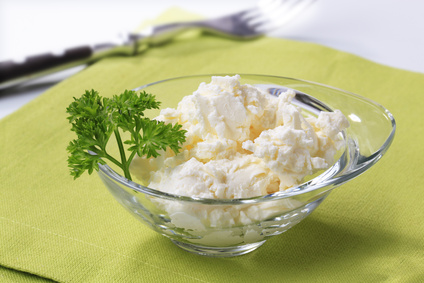
If you’re struggling to lose weight, it’s not your fault. Diet foods and commercial weight-loss programs are often very low in calories and loaded with food preservatives that keep you overweight. When you use these plans, you’re literally starving yourself thin. Learn what food preservatives are and why they keep you from your weight loss goals.
commercial weight-loss programs are often very low in calories and loaded with food preservatives that keep you overweight. When you use these plans, you’re literally starving yourself thin. Learn what food preservatives are and why they keep you from your weight loss goals.
Why you’re Overweight but Always Hungry
It doesn’t matter how much “food” you eat. If you don’t get actual nutrition from your food, you’ll always be hungry. When you feed your body whole food filled with vitamins, minerals and essential nutrients, you’ll feel energized and alive. When you eat food preservatives, your body has to work double time to digest it and there’s no energy reward.
Types of Food Preservatives That Keep You Fat
High Fructose Corn Syrup
There’s been a lot of debate about this artificial sweetener in recent years. It reared its ugly head in the 1970s as a supposed “safer and better” alternative to cane sugar. The truth is this man-made sweetener was only created because it’s cheaper.
When you eat or drink anything with HFCS in it, the sugar quickly turns to fat that your body stores. High fructose corn syrup keeps you overweight because it tricks your body into believing it’s constantly hungry!
According to the American Journal of Clinical Nutrition; “The increased consumption of high fructose corn syrup mirrors the rapid increase in obesity.”
Aspartame
If you drink diet soda because you think it will help you lose weight, you’ve been terribly misled. The manufacturers are never going to let you in on the truth about this sweetener because they don’t want to lose you as a customer.
According to Sandra Cobot, M.D., aspartame is one of the common food preservatives directly responsible for weight gain. Aspartame causes weight gain because it goes straight to the liver. The liver breaks it down into toxic compounds – phenylalanine, aspartic acid and methanol. This process drains energy from the liver and causes the metabolism to slow down, making it very difficult to lose weight.
Hydrogenated Oils
This is one of the common food preservatives that can defeat your weight loss goals. Since hydrogenated oils have been chemically manipulated to have a longer shelf life, they are much harder for your digestive system to break down. What’s worse, your body doesn’t recognize trans fats as usable so they’re simply stored, causing you to pack on the pounds.
Modified Corn Starch
This cheaper alternative to regular corn starch may add texture to your food, but it’s difficult for your digestive system to break down. This makes you feel sleepy and lazy. Why would you want to work out when you don’t even want to get up off the couch?
Nitrites and Sulfates
Commonly found in packaged meats, wine and other processed foods, these flavor enhancers do nothing but expand your waistline. They attack your digestive system, making it difficult for your body to absorb nutrients from even healthy food.
Other Health Dangers of Food Preservatives
These chemicals have also been scientifically linked to nervous system disorders, behavioral problems, gastrointestinal disorders, insomnia and even cancer!
The Difference between Processed Food and Whole Food
The easiest way to remember the difference between processed food and whole food is this: Anything you can’t pronounce is a food preservative and it’s not healthy for you.
Examples of processed foods are:
• Pre-packed, frozen dinners
• Any “fast” food
• Donuts, cookies, cakes, candy, etc.
• “Diet” foods
• Sodas and fruit juices (with the exception of organic fruit juice)
Examples of whole foods are:
• Meat, Poultry, Fish
• Fresh Vegetables and Fruit
• Beans (in a bag, not a can)
• Brown Rice
• Dairy Products (avoid margarine and yogurts with high fructose corn syrup and aspartame)
Here are some tips for choosing food without preservatives:
1. Only shop the perimeter of the grocery store
This means the produce section, the meat section, the frozen vegetable section and the dairy section. Foods in the aisles tend to have more preservatives. Though there are plenty of healthy foods there, too.
2. Become a label-reader
I can’t stress this enough. Read the labels on your food. If you see food preservatives, additives, food dyes or artificial sweeteners, put it back and look for a healthier alternative.
Eating healthy without chemicals can be daunting at first. Especially, if you’ve never done it before. With time, it will be very easy for you to tell the difference between good-for-you food and junk food. Not only will you finally succeed in your weight loss goals, you’ll be a whole lot healthier!





Thanks for the great article. Media keep telling us that calories matter and food preservatives do not matter. Now research shows that you do not have to count calories if you are eating healthy food without preservatives.